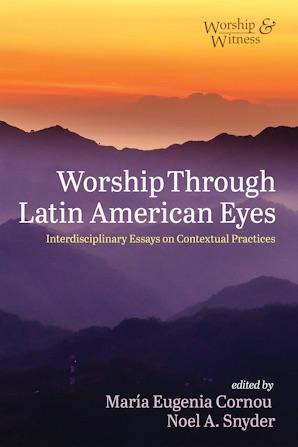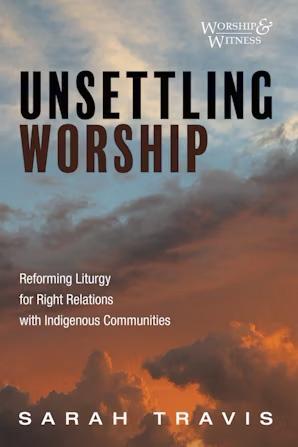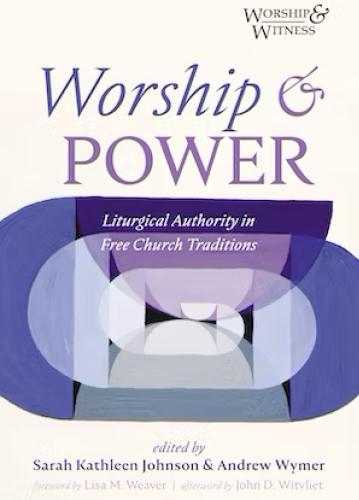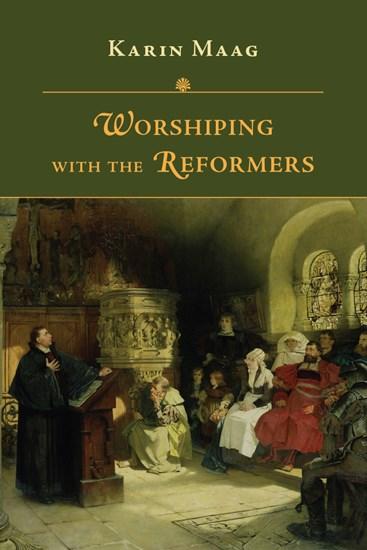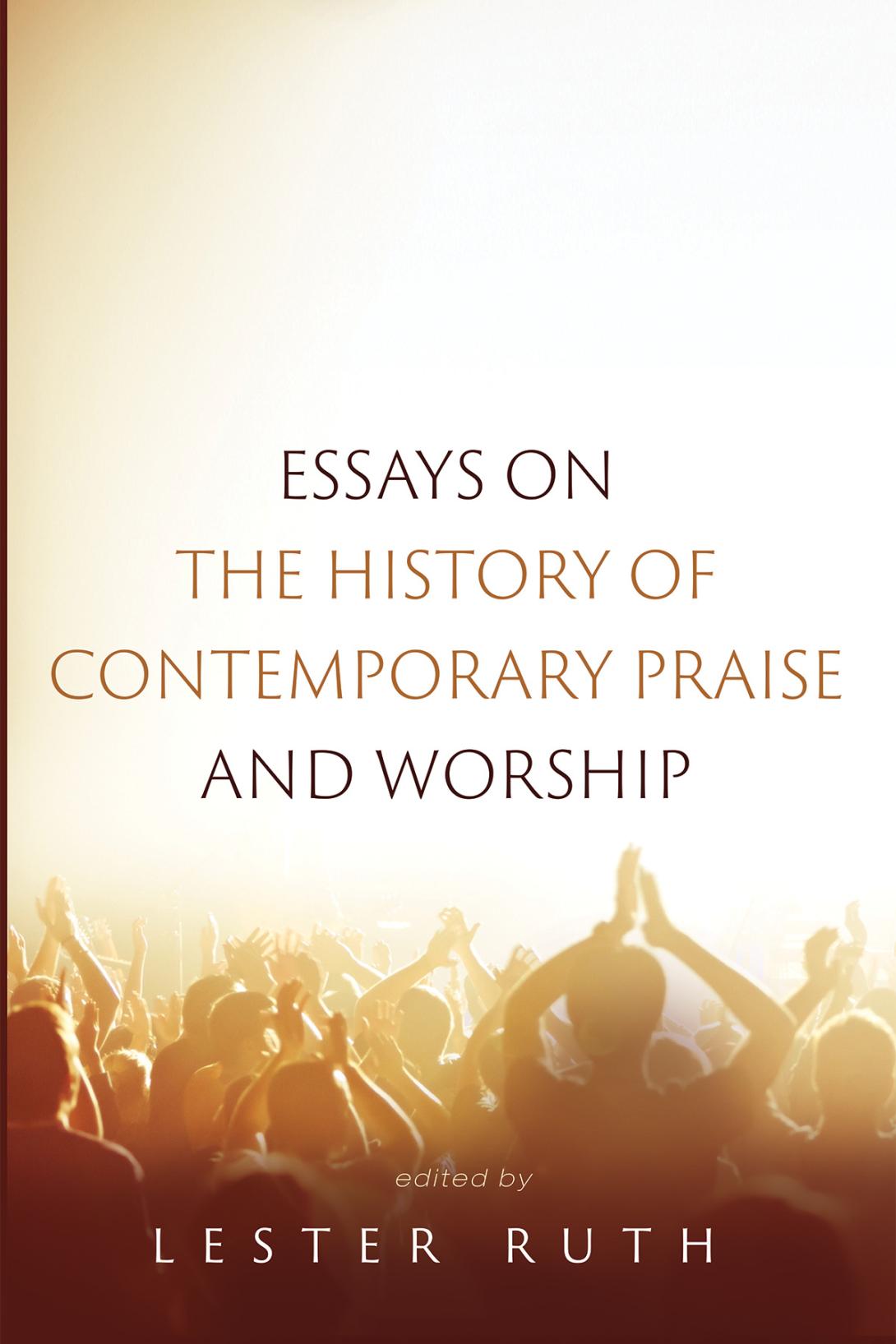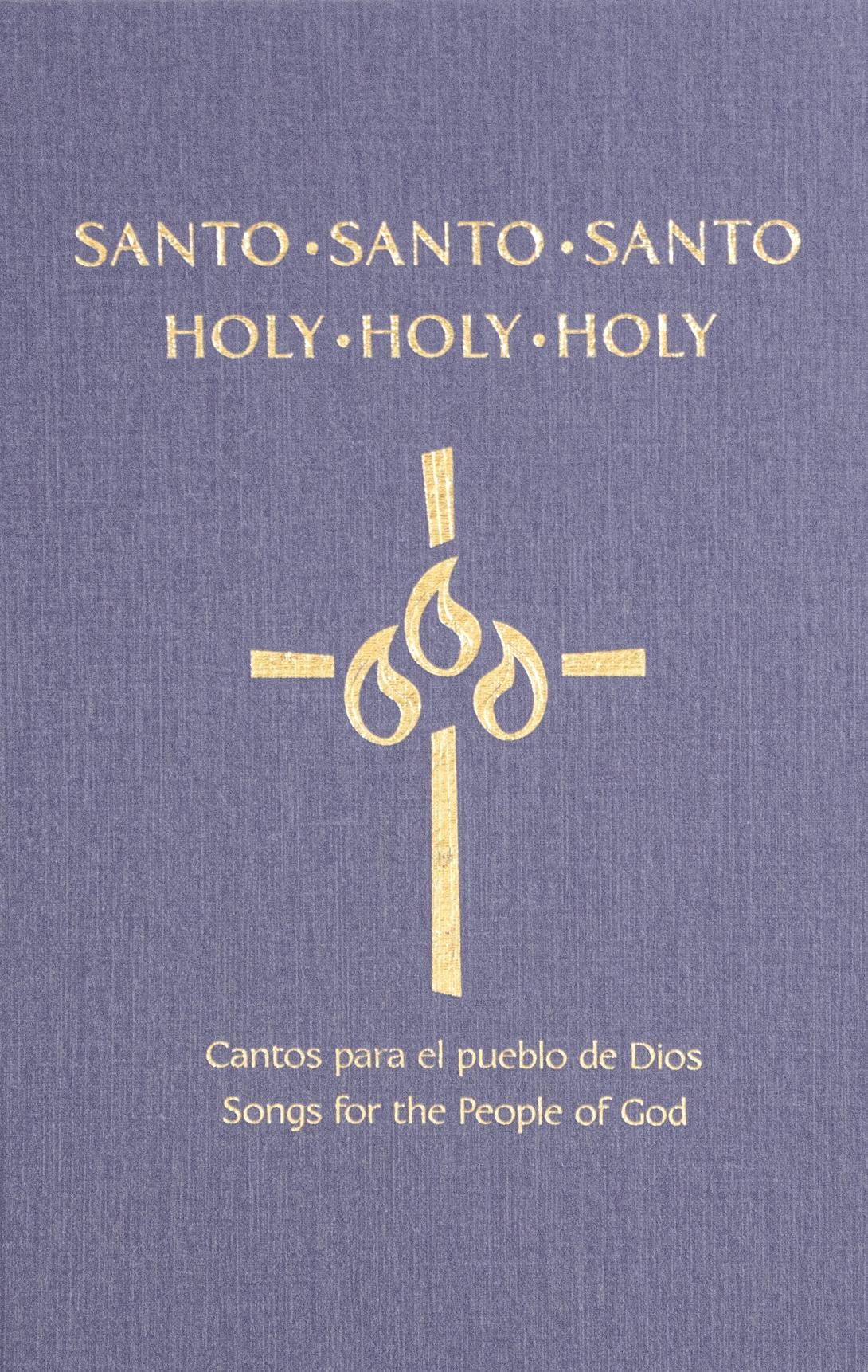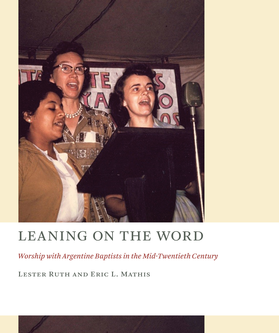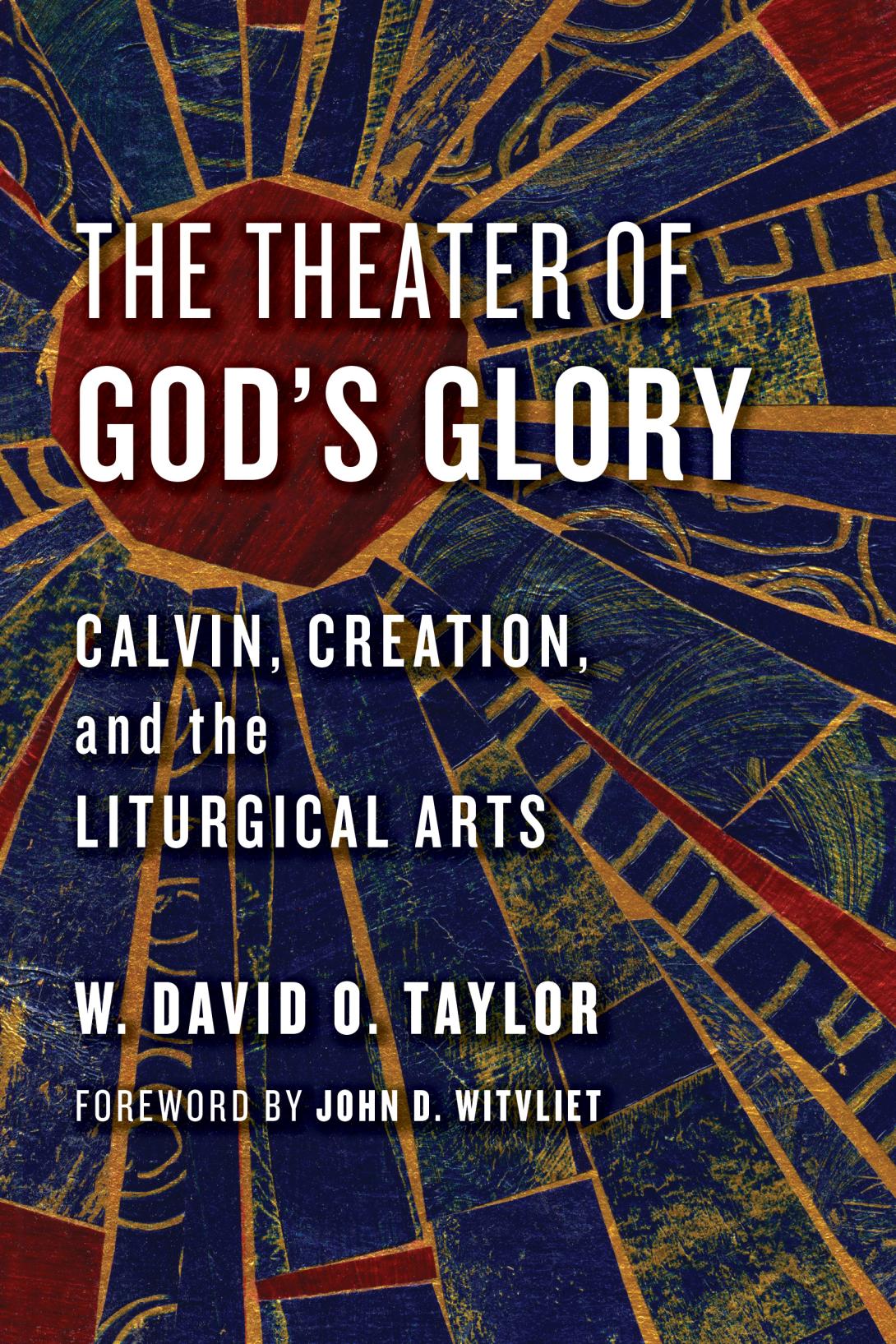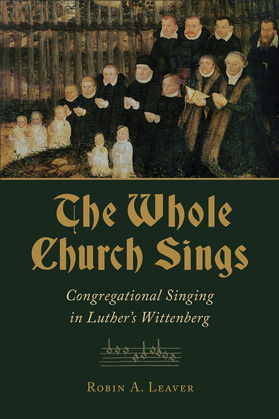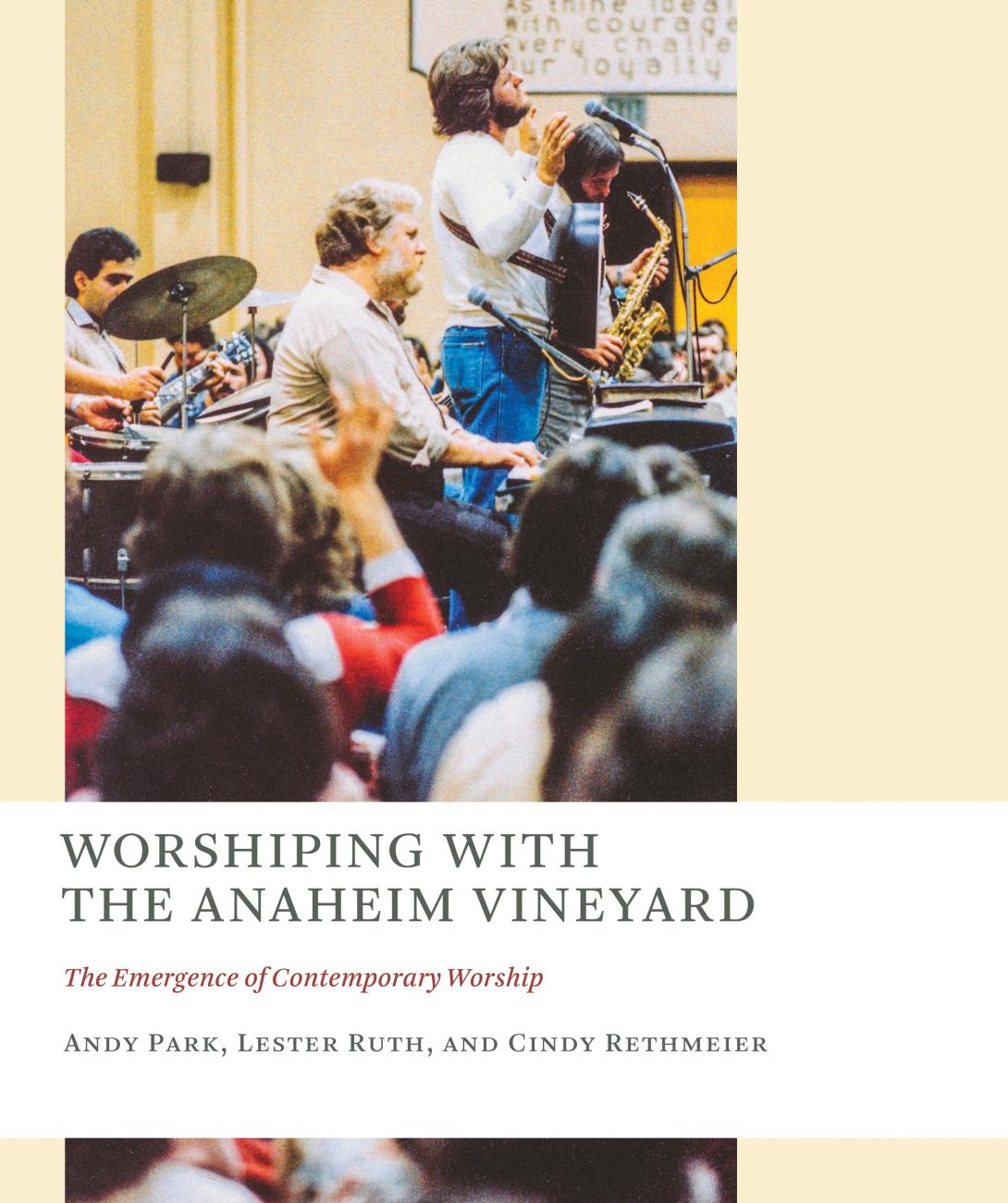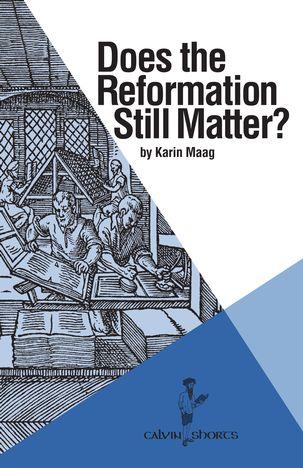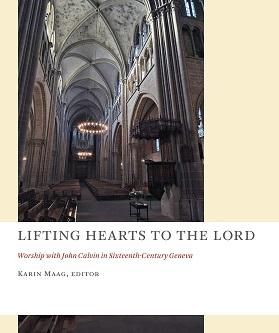Explore Publications
Worship Through Latin American Eyes
By: María Eugenia Cornou, Noel Snyder
Interdisciplinary Essays on Contextual Practices.
Unsettling Worship
By: Sarah Travis
Settler churches across North America have committed to the work of conciliation and reconciliation with Indigenous Peoples. Worship is a space in which these commitments are expressed and nurtured.
Worship and Power: Liturgical Authority in Free Church Traditions
By: Sarah Kathleen Johnson, Andrew Wymer
This edited volume models how dialogue among scholars and practitioners can promote worship practices that are faithful and just.
Worshiping with the Reformers
By: Karin Maag
In this volume, which serves as a companion to IVP Academic's Reformation Commentary on Scripture series, Reformation scholar Karin Maag takes readers inside the worshiping life of the church during this era.
Essays on the History of Contemporary Praise and Worship
By: Lester Ruth
This book investigates topics in both Pentecostal and mainline branches of contemporary praise worship, looking at subjects little explored by prior work.
Santo, Santo, Santo / Holy, Holy, Holy
By: María Eugenia Cornou, Rebecca Snippe, John D. Witvliet
A Spanish-English bilingual hymnal for Protestant congregations, parishes, seminaries, schools, and more.
Leaning on the Word: Worship with Argentine Baptists in the Mid-Twentieth Century
By: Lester Ruth, Eric Mathis
In this latest volume in the Church at Worship series, Lester Ruth and Eric L. Mathis draw from a rich selection of primary sources to immerse readers in the worship life of Conservative Baptists in northwest Argentina from 1948 to 1964.
The Theater of God's Glory: Calvin, Creation, and the Liturgical Arts
By: W. David O. Taylor
A theological framework for the liturgical arts rooted in John Calvin, arguing that Calvin’s Trinitarian theology provides a promising resource for understanding the material aspects of corporate worship and for promoting the proper flourishing of the liturgical arts.
The Whole Church Sings: Congregational Singing in Luther's Wittenberg
By: Robin A. Leaver
Authoritative study by a renowned musicologist and Reformation scholar presenting new research that congregational singing was both the intention and the practice right from the beginning of the Wittenberg reforms in worship.
Worshiping with the Anaheim Vineyard: The Emergence of Contemporary Worship
By: Lester Ruth, Andy Park, Cindy Rethmeier
Using narrative, testimonies from leaders and members, and photographs, this book tells the story and explains the remarkable influence of the Vineyard Church of Anaheim on both the early years of the Vineyard movement and the emergence of contemporary worship in the broader church.
Does the Reformation Still Matter?
By: Karin Maag
This book offers a concise and highly-readable explanation of the dramatic changes that took place during the Reformation and helps readers understand the deeper impact of the Reformation beyond its own time period.
Lifting Hearts to the Lord: Worship with John Calvin in Sixteenth-Century Geneva
By: Karin Maag
In this volume, author Karin Maag brings together a wealth of primary sources to examine worship as it was taught and practiced in John Calvin's Geneva.
Worship Through Latin American Eyes
By: María Eugenia Cornou, Noel Snyder
Interdisciplinary Essays on Contextual Practices.
Unsettling Worship
By: Sarah Travis
Settler churches across North America have committed to the work of conciliation and reconciliation with Indigenous Peoples. Worship is a space in which these commitments are expressed and nurtured.
Worship and Power: Liturgical Authority in Free Church Traditions
By: Sarah Kathleen Johnson, Andrew Wymer
This edited volume models how dialogue among scholars and practitioners can promote worship practices that are faithful and just.
Worshiping with the Reformers
By: Karin Maag
In this volume, which serves as a companion to IVP Academic's Reformation Commentary on Scripture series, Reformation scholar Karin Maag takes readers inside the worshiping life of the church during this era.
Essays on the History of Contemporary Praise and Worship
By: Lester Ruth
This book investigates topics in both Pentecostal and mainline branches of contemporary praise worship, looking at subjects little explored by prior work.
Santo, Santo, Santo / Holy, Holy, Holy
By: María Eugenia Cornou, Rebecca Snippe, John D. Witvliet
A Spanish-English bilingual hymnal for Protestant congregations, parishes, seminaries, schools, and more.
Leaning on the Word: Worship with Argentine Baptists in the Mid-Twentieth Century
By: Lester Ruth, Eric Mathis
In this latest volume in the Church at Worship series, Lester Ruth and Eric L. Mathis draw from a rich selection of primary sources to immerse readers in the worship life of Conservative Baptists in northwest Argentina from 1948 to 1964.
The Theater of God's Glory: Calvin, Creation, and the Liturgical Arts
By: W. David O. Taylor
A theological framework for the liturgical arts rooted in John Calvin, arguing that Calvin’s Trinitarian theology provides a promising resource for understanding the material aspects of corporate worship and for promoting the proper flourishing of the liturgical arts.
The Whole Church Sings: Congregational Singing in Luther's Wittenberg
By: Robin A. Leaver
Authoritative study by a renowned musicologist and Reformation scholar presenting new research that congregational singing was both the intention and the practice right from the beginning of the Wittenberg reforms in worship.
Worshiping with the Anaheim Vineyard: The Emergence of Contemporary Worship
By: Lester Ruth, Andy Park, Cindy Rethmeier
Using narrative, testimonies from leaders and members, and photographs, this book tells the story and explains the remarkable influence of the Vineyard Church of Anaheim on both the early years of the Vineyard movement and the emergence of contemporary worship in the broader church.
Does the Reformation Still Matter?
By: Karin Maag
This book offers a concise and highly-readable explanation of the dramatic changes that took place during the Reformation and helps readers understand the deeper impact of the Reformation beyond its own time period.
Lifting Hearts to the Lord: Worship with John Calvin in Sixteenth-Century Geneva
By: Karin Maag
In this volume, author Karin Maag brings together a wealth of primary sources to examine worship as it was taught and practiced in John Calvin's Geneva.

